Title: Maximizing Health: The Top 10 Vitamin C-Rich Foods and Their Multifaceted Benefits
Introduction:
Vitamin C, also known as ascorbic acid, is a water-soluble vitamin renowned for its powerful antioxidant properties and essential role in immune function, collagen synthesis, and wound healing. Adequate intake of Vitamin C is crucial for maintaining optimal health and vitality, as it supports immune system function, enhances skin health, and promotes overall well-being. While Vitamin C is readily available in various fruits and vegetables, incorporating Vitamin C-rich foods into your diet ensures a robust approach to nutrition, providing a spectrum of other vitamins, minerals, and antioxidants. In this comprehensive guide, we explore the top 10 food sources abundant in Vitamin C, along with their additional nutritional benefits.
Oranges:
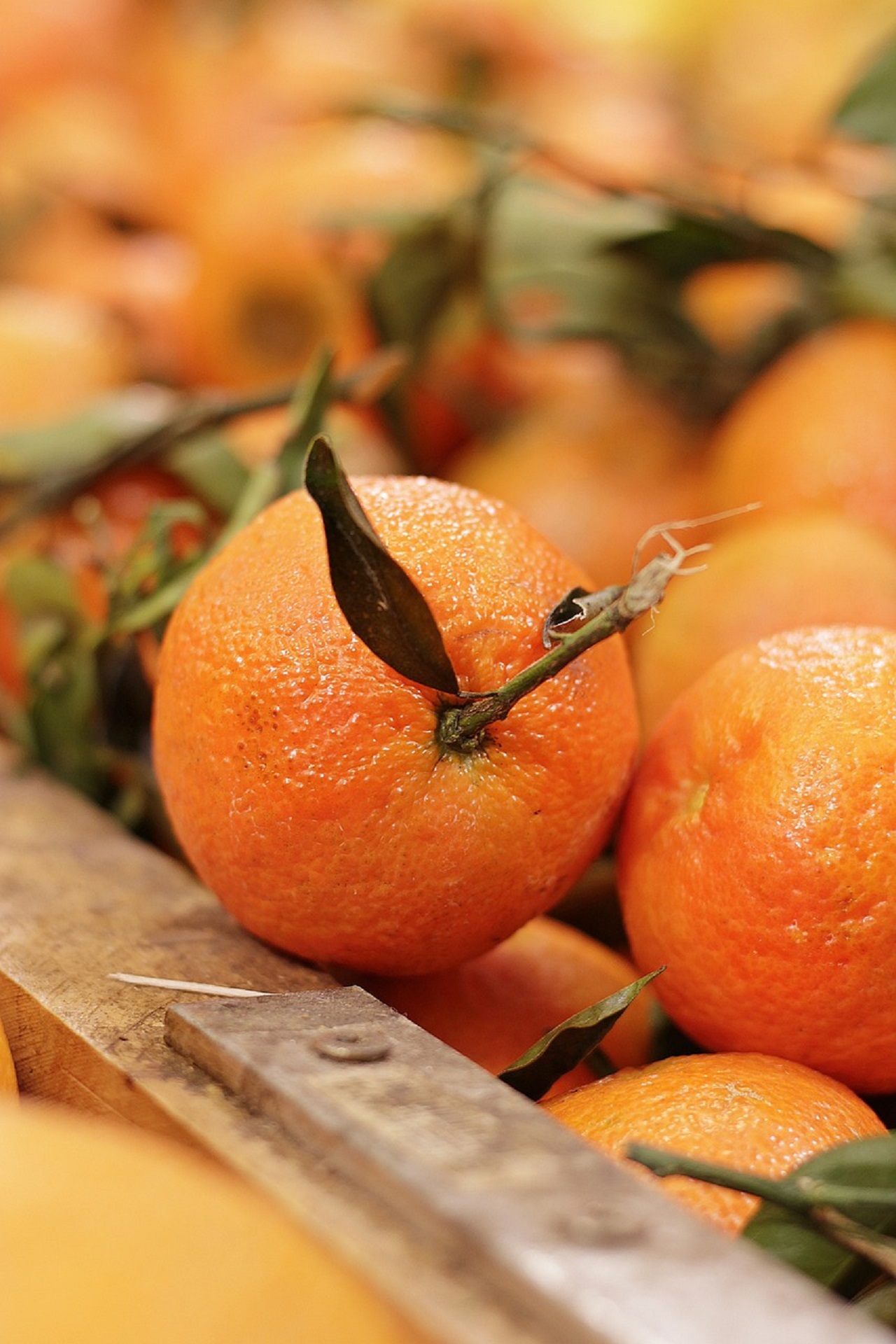
Oranges are iconic citrus fruits renowned for their high Vitamin C content. In addition to ascorbic acid, oranges provide fiber, potassium, and folate. Fiber supports digestive health and helps maintain steady blood sugar levels, while potassium regulates blood pressure and heart function. Folate is essential for DNA synthesis and red blood cell production. Furthermore, oranges offer flavonoids, such as hesperidin and naringenin, which possess antioxidant and anti-inflammatory properties, supporting cardiovascular health and immune function.
Kiwifruit:
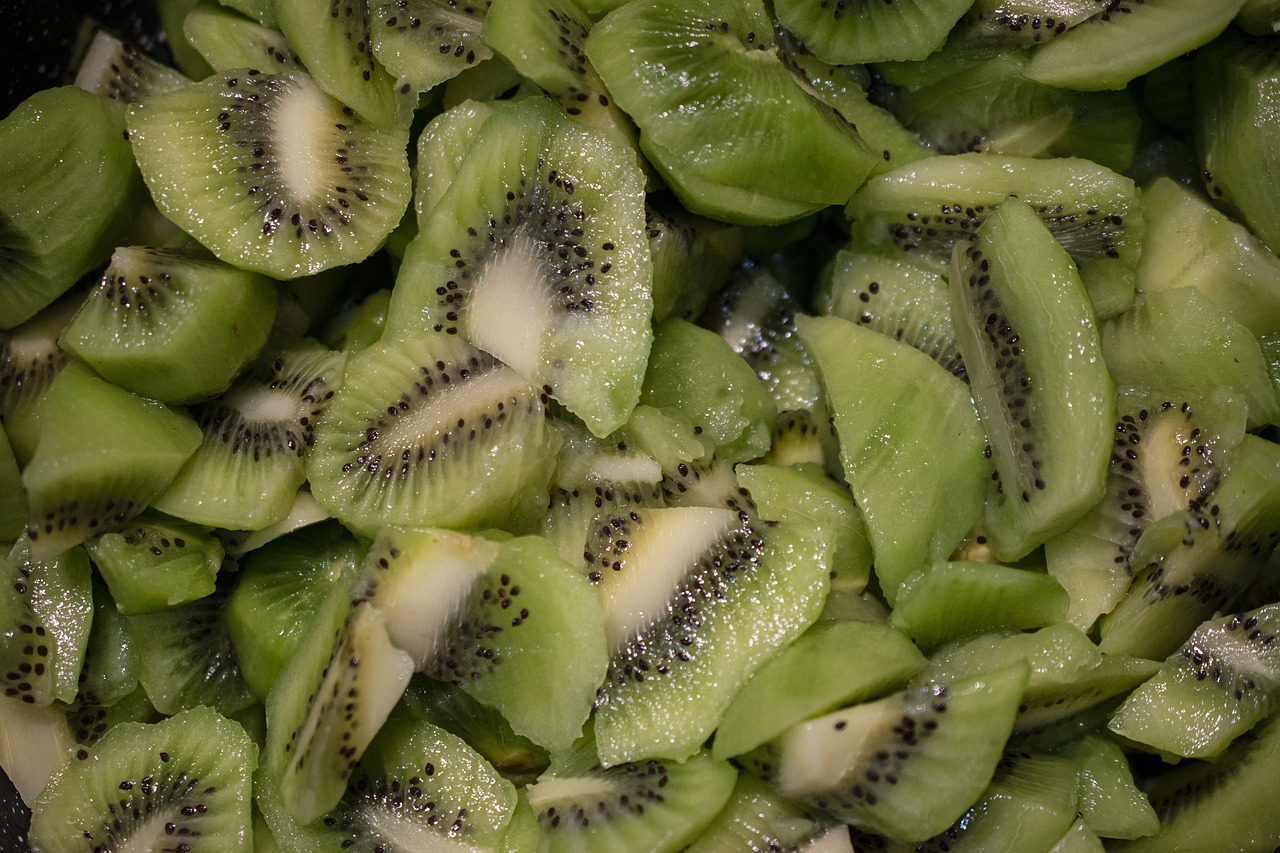
Kiwifruit is a vibrant and nutrient-dense fruit that offers a substantial amount of Vitamin C. In addition to ascorbic acid, kiwifruit provides fiber, Vitamin K, and Vitamin E. Fiber supports digestive health and helps maintain healthy cholesterol levels, while Vitamin K is crucial for blood clotting and bone health. Vitamin E is an antioxidant that supports skin health and immune function. Furthermore, kiwifruit contains minerals such as potassium and copper, which support heart health and antioxidant defense, respectively.
Strawberries:
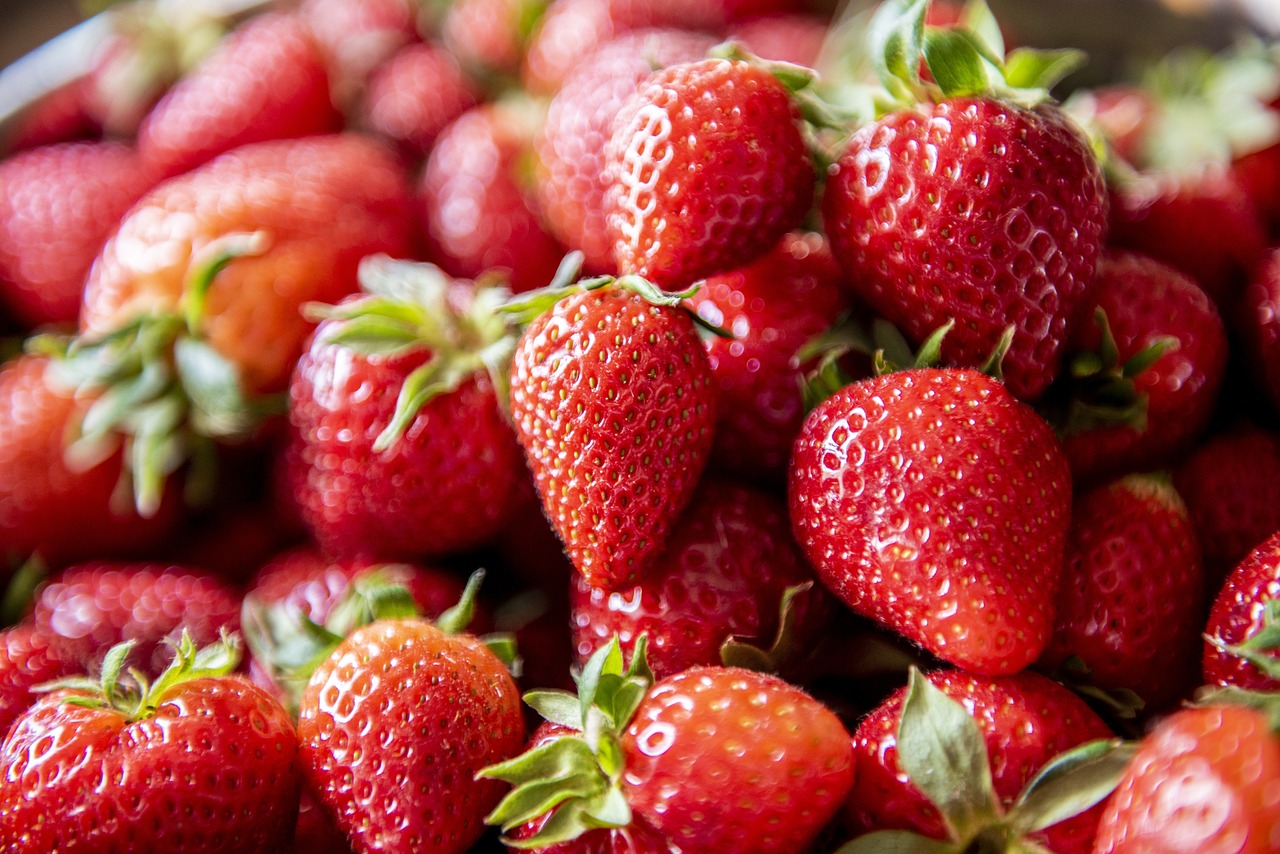
Strawberries are juicy and delicious berries packed with Vitamin C. In addition to ascorbic acid, strawberries provide fiber, manganese, and antioxidants such as flavonoids and ellagic acid. Fiber supports digestive health and helps regulate blood sugar levels, while manganese is essential for bone formation and antioxidant defense. Flavonoids and ellagic acid possess anti-inflammatory and anticancer properties, supporting cardiovascular health and immune function. Furthermore, strawberries offer folate and potassium, contributing to overall well-being.
Bell Peppers:
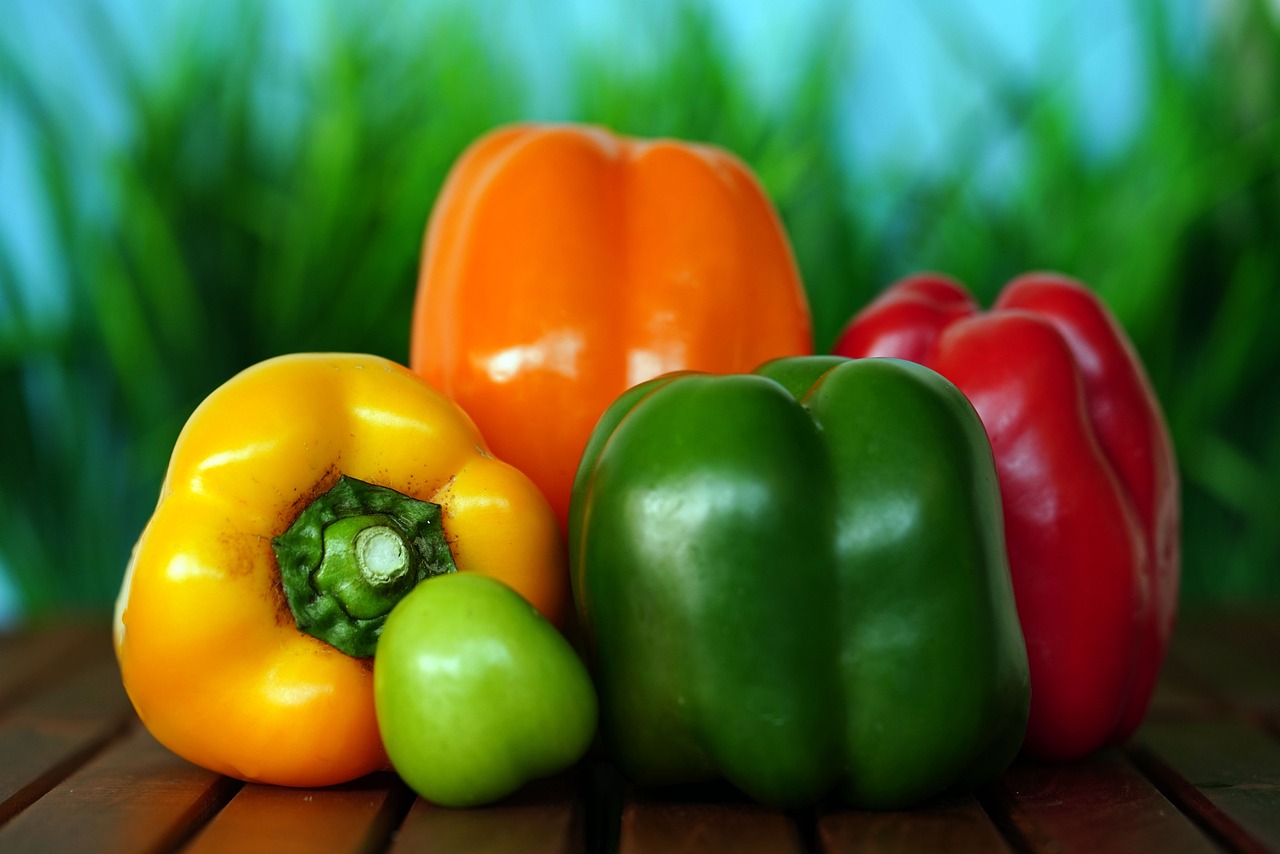
Bell peppers, particularly red bell peppers, are colorful vegetables that offer a significant amount of Vitamin C. In addition to ascorbic acid, bell peppers provide fiber, Vitamin A, and Vitamin K. Fiber supports digestive health and helps maintain healthy cholesterol levels, while Vitamin A supports vision and immune function. Vitamin K is crucial for blood clotting and bone health. Furthermore, bell peppers contain antioxidants such as carotenoids and quercetin, which support cardiovascular health and immune function.
Broccoli:
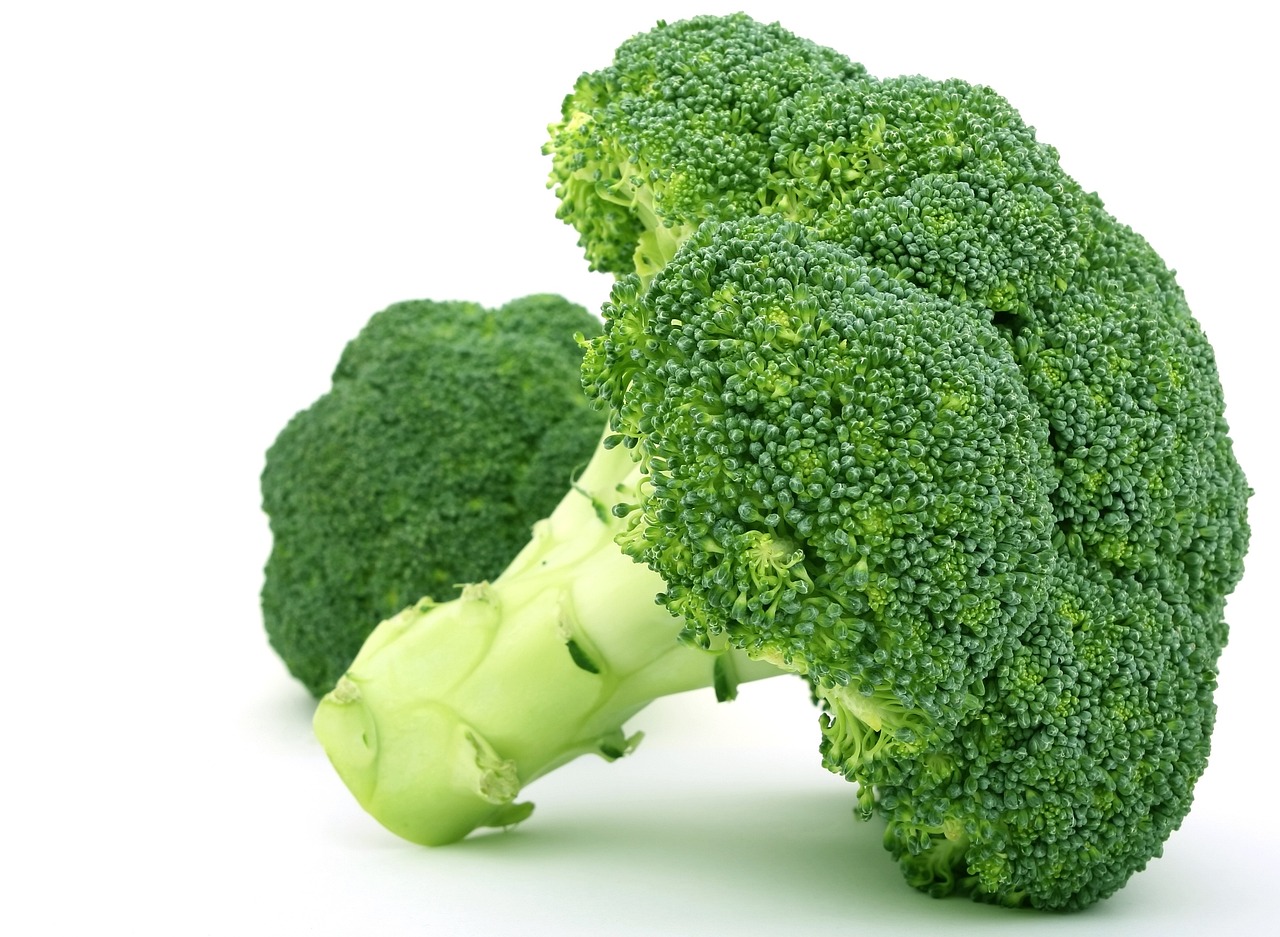
Broccoli is a nutrient-rich cruciferous vegetable that contains a notable amount of Vitamin C. In addition to ascorbic acid, broccoli provides fiber, Vitamin K, and antioxidants such as sulforaphane and glucoraphanin. Fiber supports digestive health and helps regulate blood sugar levels, while Vitamin K is crucial for blood clotting and bone health. Sulforaphane and glucoraphanin possess anti-inflammatory and anticancer properties, supporting cardiovascular health and immune function. Furthermore, broccoli offers folate, potassium, and calcium, contributing to overall well-being.
Pineapple:
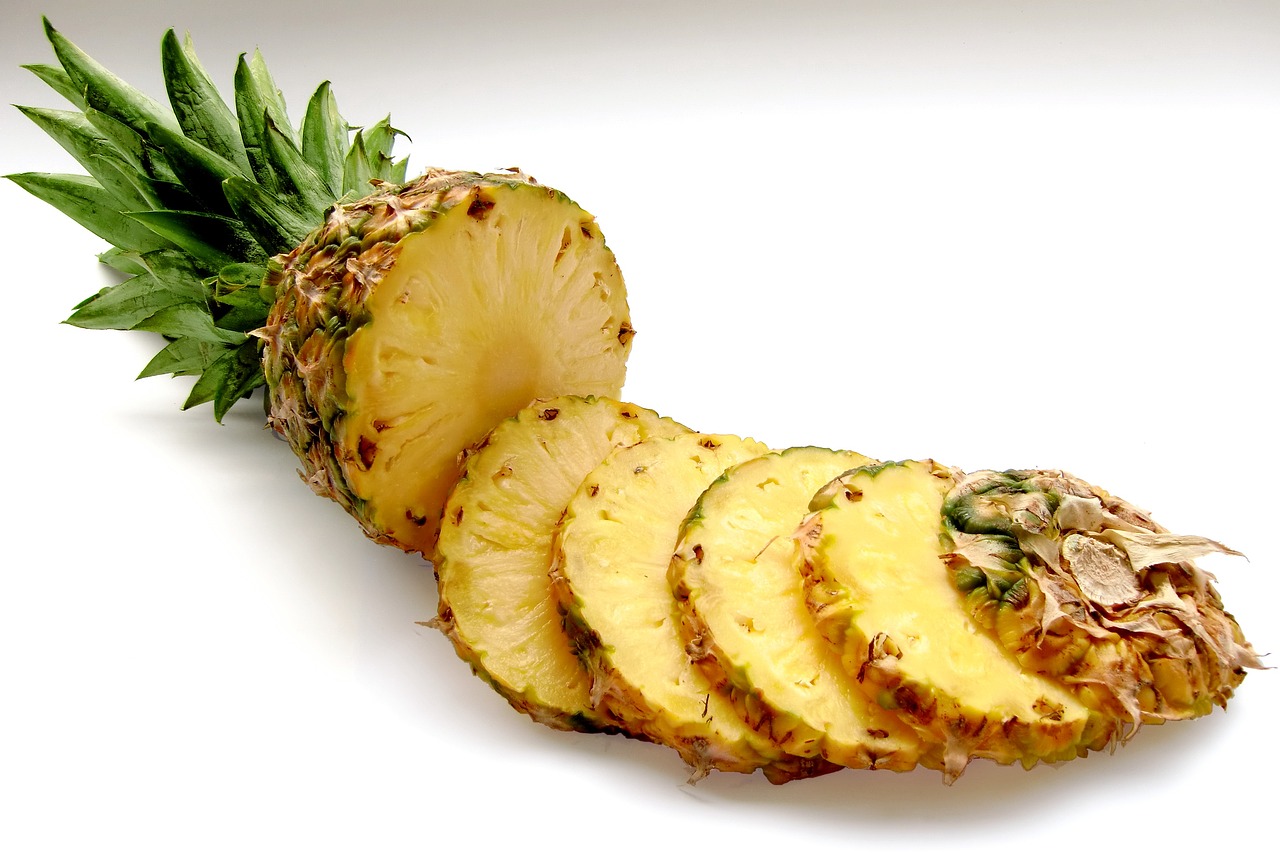
Pineapple is a tropical fruit known for its sweet and tangy flavor, as well as its high Vitamin C content. In addition to ascorbic acid, pineapple provides bromelain, an enzyme with anti-inflammatory properties. Bromelain supports digestive health and may help reduce inflammation and pain. Furthermore, pineapple offers manganese, which is essential for bone formation and antioxidant defense. Potassium and magnesium found in pineapple also support heart health and muscle function.
Guava:
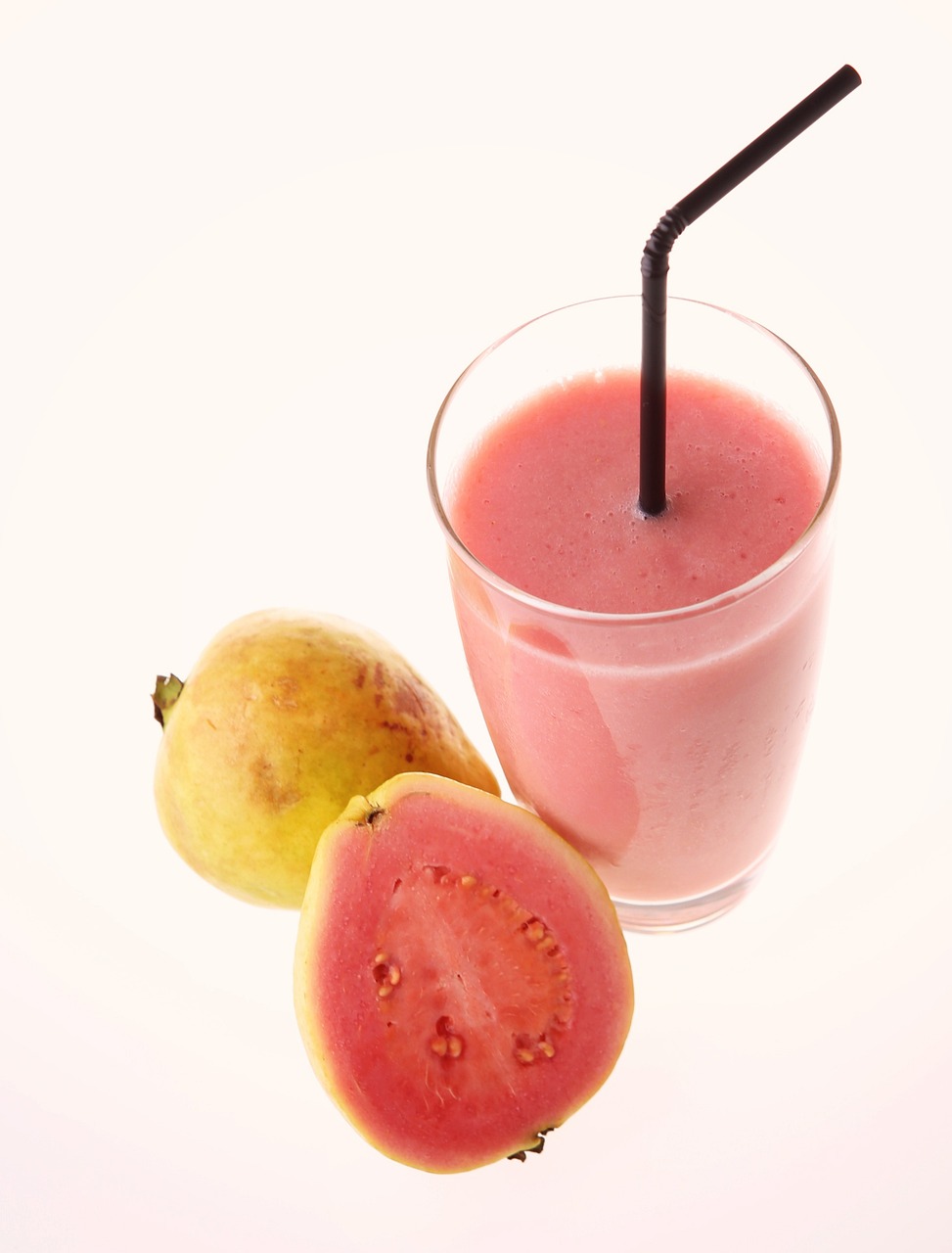
Guava is a tropical fruit with a unique flavor and impressive nutritional profile, including a high Vitamin C content. In addition to ascorbic acid, guava provides fiber, Vitamin A, and potassium. Fiber supports digestive health and helps regulate blood sugar levels, while Vitamin A supports vision and immune function. Potassium is crucial for regulating blood pressure and heart function. Furthermore, guava contains antioxidants such as lycopene and beta-carotene, which support cardiovascular health and immune function.
Citrus Fruits:
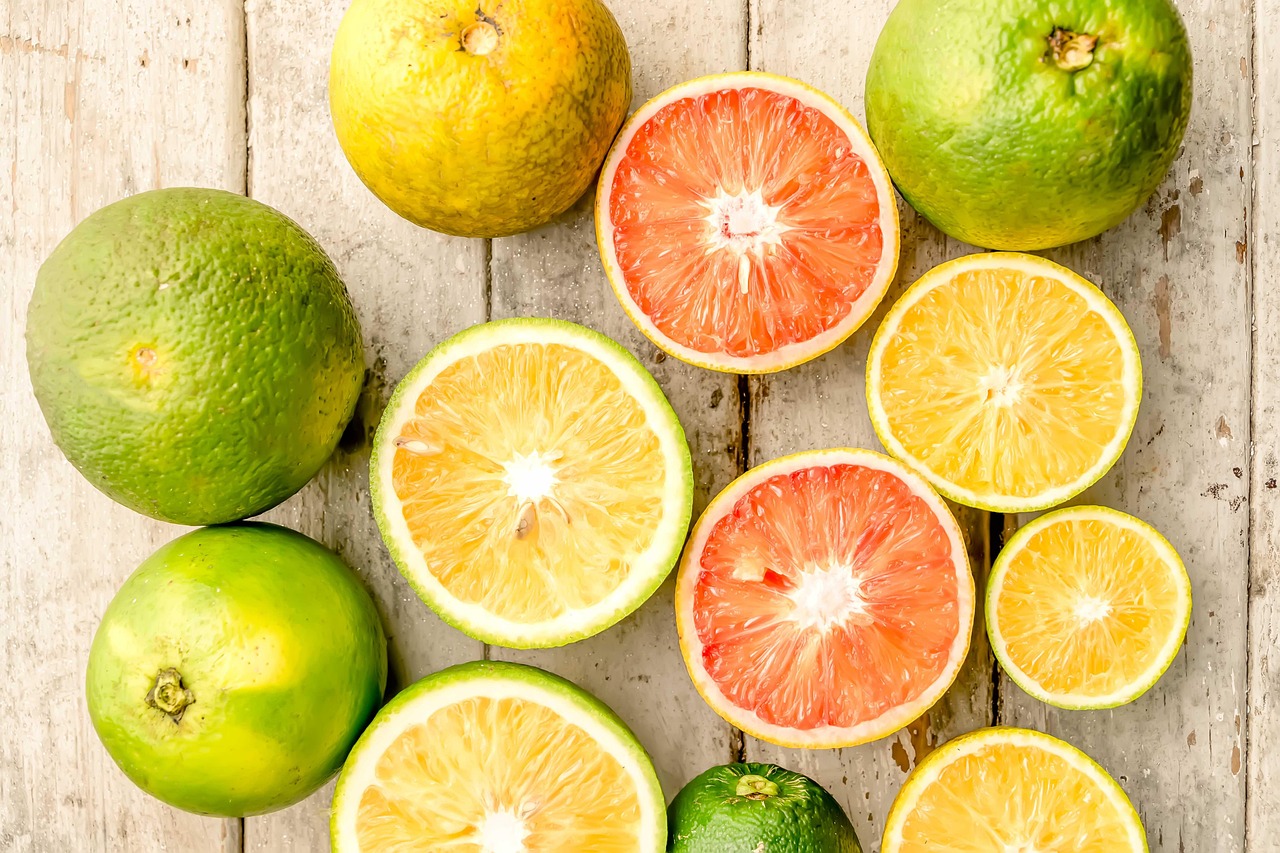
In addition to oranges, other citrus fruits such as grapefruits, lemons, and limes are excellent sources of Vitamin C. Alongside ascorbic acid, citrus fruits provide fiber, potassium, and antioxidants such as flavonoids and limonoids. Fiber supports digestive health and helps maintain steady blood sugar levels, while potassium regulates blood pressure and heart function. Flavonoids and limonoids possess antioxidant and anti-inflammatory properties, supporting cardiovascular health and immune function.
Papaya:
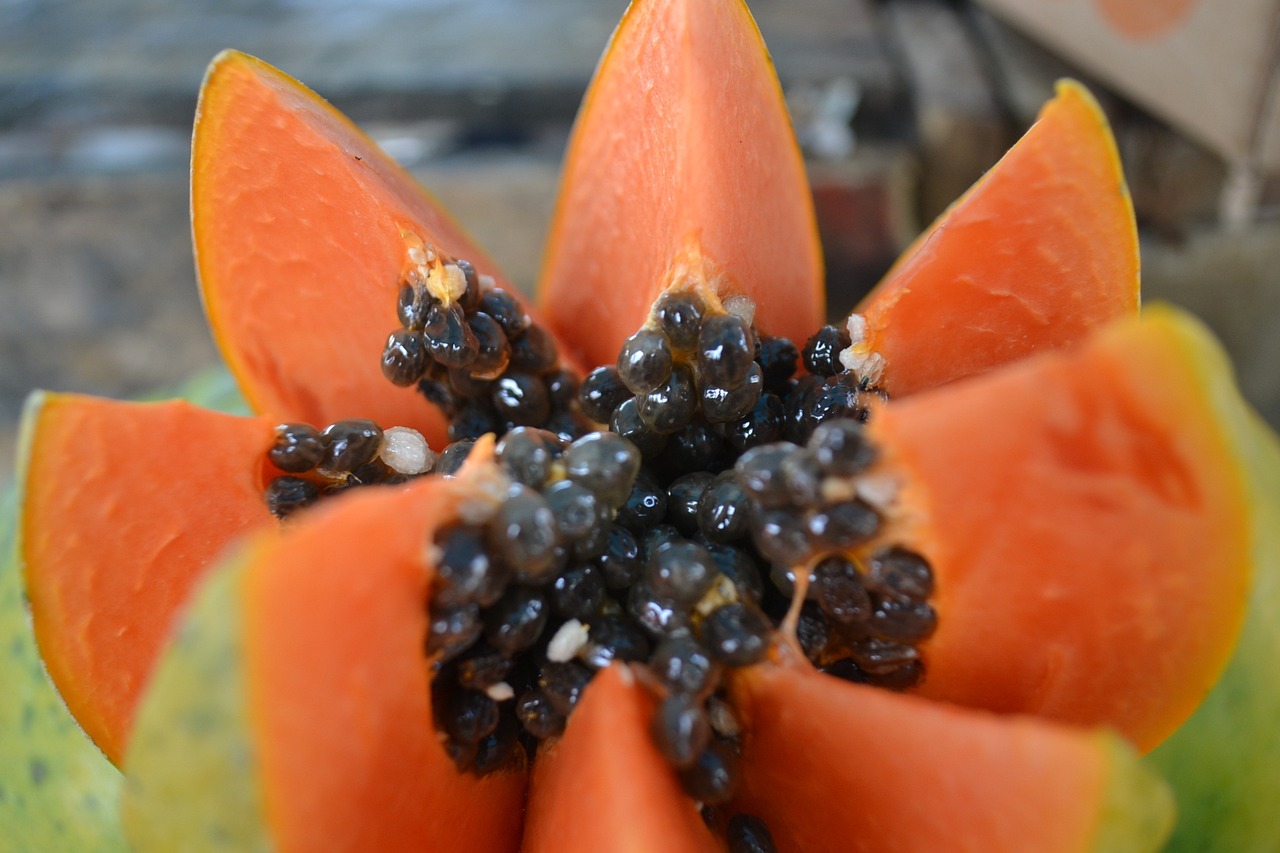
Papaya is a tropical fruit known for its vibrant color and sweet taste, as well as its high Vitamin C content. In addition to ascorbic acid, papaya provides fiber, Vitamin A, and enzymes such as papain. Fiber supports digestive health and helps regulate blood sugar levels, while Vitamin A supports vision and immune function. Papain is a digestive enzyme that may help improve digestion and nutrient absorption. Furthermore, papaya contains antioxidants such as beta-carotene and lycopene, which support cardiovascular health and immune function.
Brussels Sprouts:
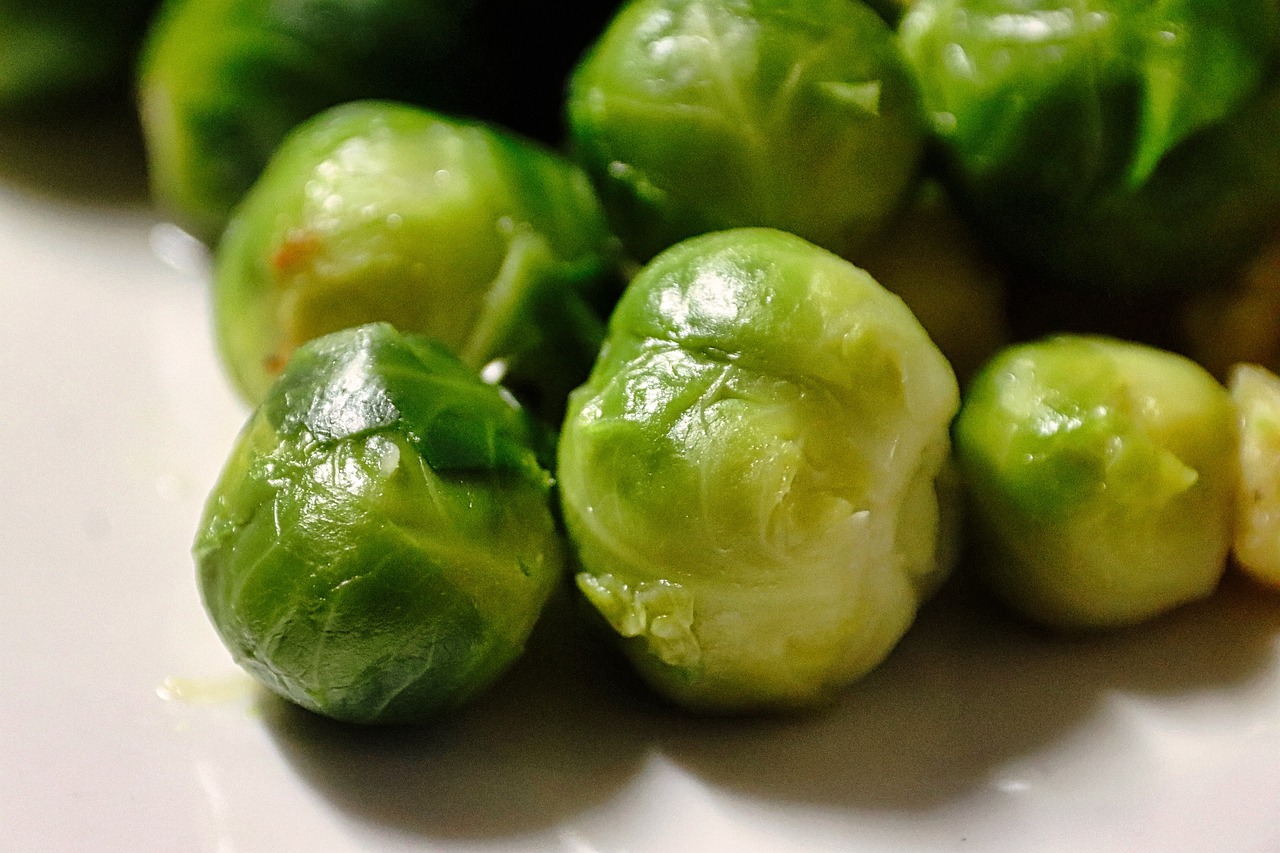
Brussels sprouts are cruciferous vegetables rich in nutrients, including Vitamin C. In addition to ascorbic acid, Brussels sprouts provide fiber, Vitamin K, and antioxidants such as glucosinolates and kaempferol. Fiber supports digestive health and helps maintain healthy cholesterol levels, while Vitamin K is crucial for blood clotting and bone health. Glucosinolates and kaempferol possess anti-inflammatory and anticancer properties, supporting cardiovascular health and immune function. Furthermore, Brussels sprouts offer folate, potassium, and manganese, contributing to overall well-being.
In Conclusion:
Incorporating Vitamin C-rich foods into your diet is essential for supporting immune function, collagen synthesis, and overall health and vitality. By including the top 10 food sources abundant in ascorbic acid into your meals, along with their complementary vitamins, minerals, and antioxidants, you can optimize your nutritional intake and promote well-being.
Whether enjoying citrus fruits, colorful vegetables, or tropical fruits, these Vitamin C-rich foods empower you to nourish your body from within and thrive in every aspect of life.